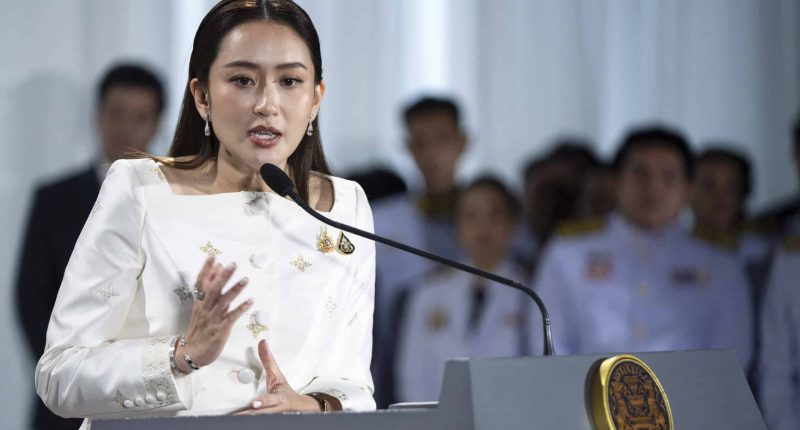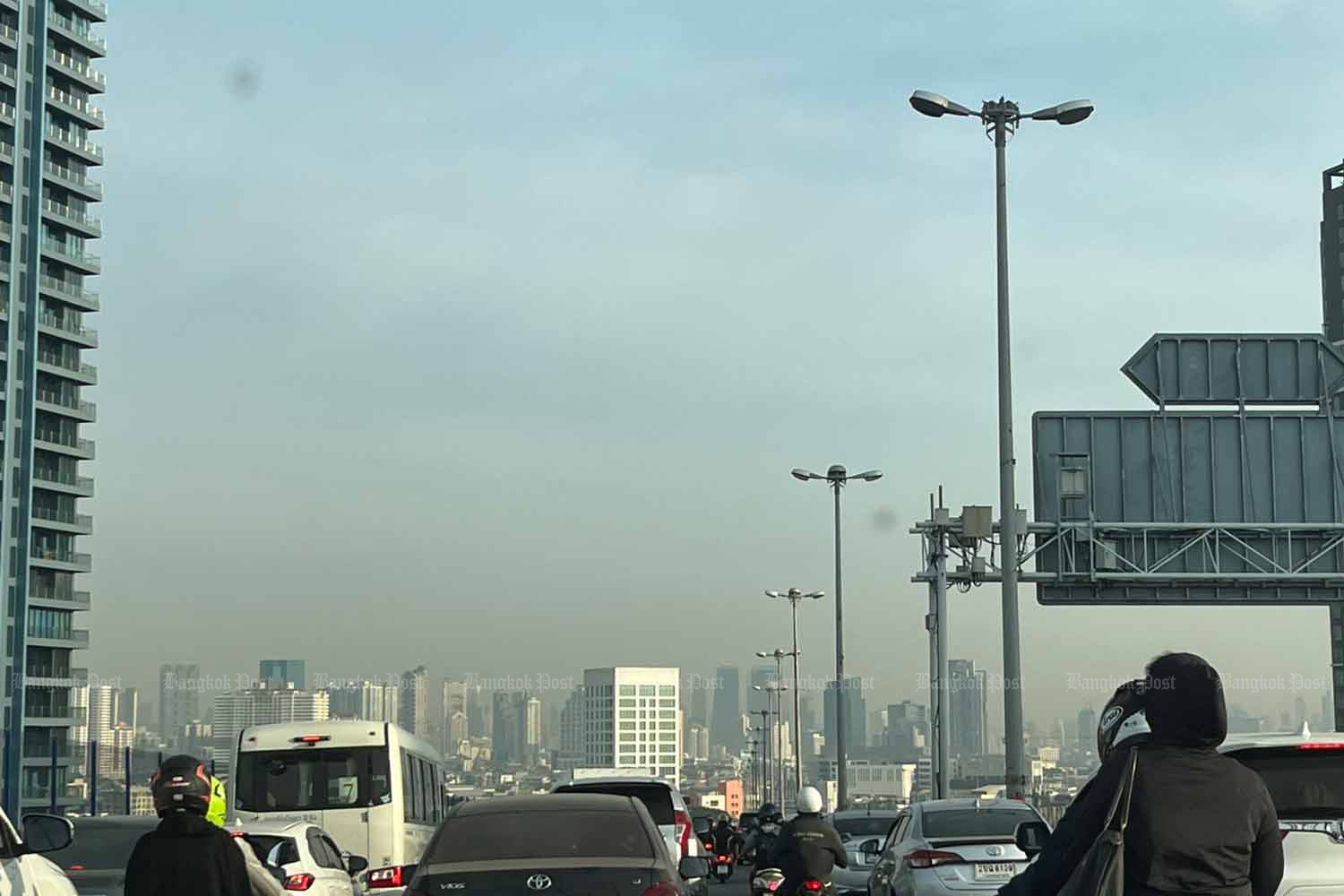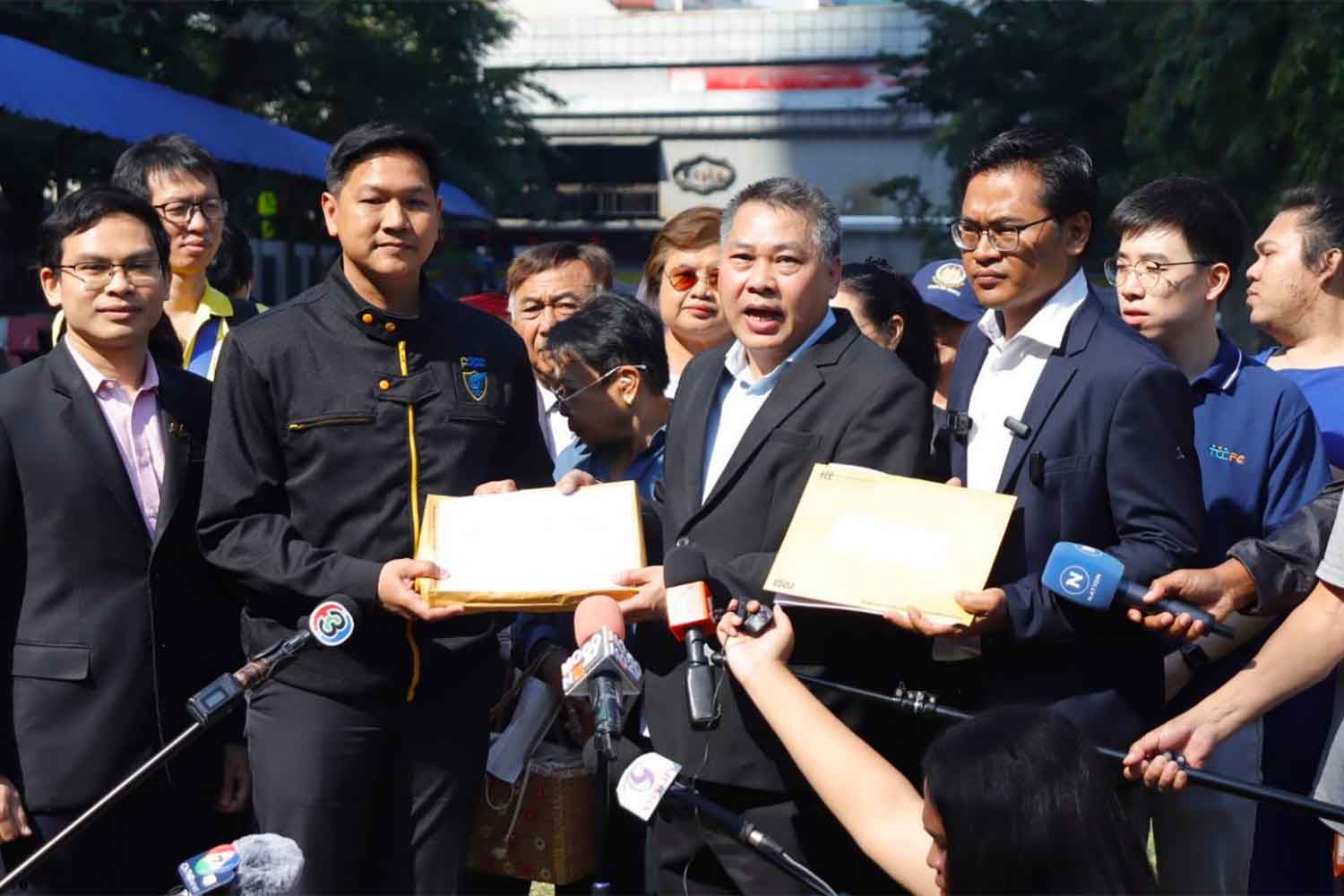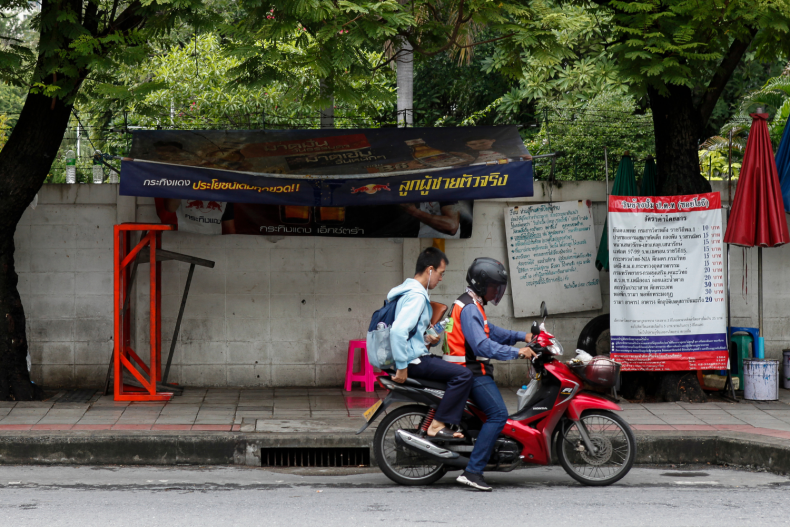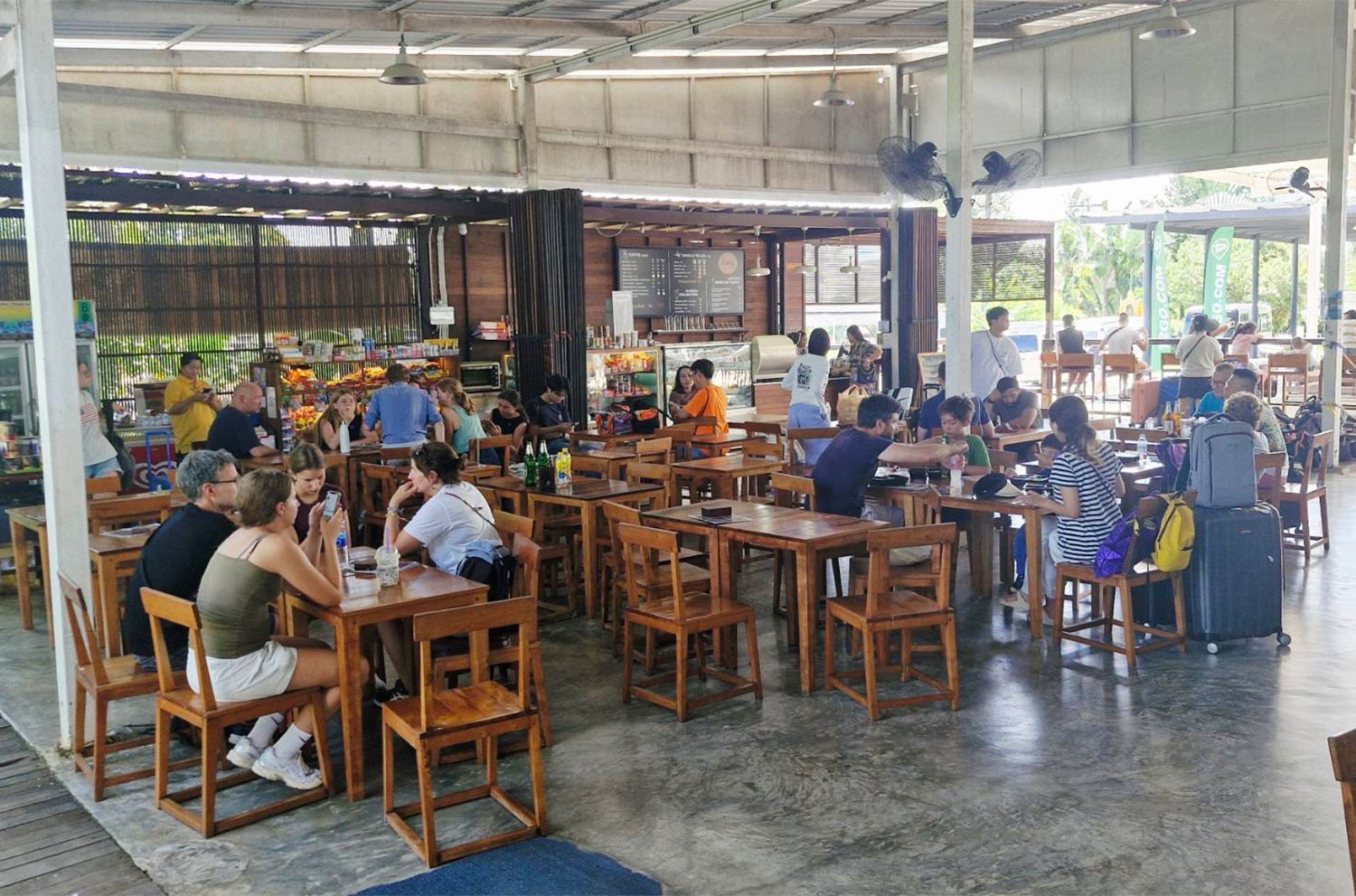Tensions have flared within Thailand’s government as Prime Minister Paetongtarn Shinawatra and Energy Minister Pirapan Salirathavibhaga find themselves at odds over the country’s clean energy future. The disagreement, simmering for weeks, culminated in a dramatic fallout on November 26, leading to the abrupt cancellation of a joint press conference following a key National Energy Policy Board meeting.
A Divided Vision for Thailand’s Energy Future
Prime Minister Advocates for Accelerated Clean Energy
Prime Minister Paetongtarn, representing the Pheu Thai Party, has made clear her commitment to fast-tracking renewable energy initiatives. During the meeting, she called for the Energy Ministry to expedite the acquisition of 2,000 megawatts of clean energy through the Direct Power Purchase Agreement (Direct PPA).
“This is our opportunity to make Thailand a leader in affordable, competitive clean energy,” the PM stated, underscoring her vision for Thailand to emerge as a regional clean energy leader.
Energy Minister Prioritizes Fossil Fuels
In contrast, Energy Minister Pirapan, aligned with the United Thai Nation Party, has taken a cautious approach. He has instructed the Electricity Generating Authority of Thailand (EGAT) to hold off on clean energy procurement, effectively stalling the second phase of renewable energy policy implementation.
In his press release, Pirapan focused on fossil fuel policies, maintaining current contribution rates to the Energy Conservation Fund, which includes a 0.05 baht per litre levy on oil and gas firms, while gas producers remain exempt.
Key Points of Contention
Delays in Renewable Energy Initiatives
Government insiders have disclosed that Pirapan has delayed several critical renewable energy projects, including halting the selection process for Energy Regulatory Commission (ERC) members. This has reportedly caused frustration among Pheu Thai Party members, who view these actions as obstructive to the government’s clean energy agenda.
Contrasting Party Priorities
The rift highlights ideological differences between coalition partners:
- Pheu Thai Party seeks to prioritize renewable energy and enhance Thailand’s competitiveness in the clean energy sector.
- United Thai Nation Party emphasizes the continued role of fossil fuels in stabilizing the nation’s energy framework.
Implications for Thailand’s Energy Landscape
Delayed Progress on Clean Energy Goals
The standoff could delay Thailand’s transition to renewable energy, potentially affecting its global commitments to reduce carbon emissions. The hold on acquiring clean energy from private providers may slow down investments and stall Thailand’s progress in becoming a clean energy hub.
Political Impact
The clash underscores deeper divisions within the ruling coalition, which could affect policy cohesion. Public perception of the government’s ability to effectively manage the energy transition may also be impacted.
Moving Forward: Resolving the Energy Dispute
To overcome the stalemate, a balanced approach is essential:
- Collaboration on Unified Goals: Both leaders must align on a shared energy vision to ensure sustainable development.
- Accelerating Renewable Energy with Strategic Fossil Fuel Use: A phased approach to integrating renewable energy while maintaining energy stability could address both parties’ concerns.
- Stakeholder Engagement: Encouraging dialogue with private providers and regulatory bodies will help drive forward stalled renewable energy initiatives.
A Test of Leadership
The ongoing clash between Prime Minister Paetongtarn and Energy Minister Pirapan presents a significant challenge for Thailand’s energy future. As clean energy becomes increasingly critical in a global context, resolving these differences will be key to positioning Thailand as a leader in renewable energy while ensuring economic and environmental stability.
Ref – Thaiger
